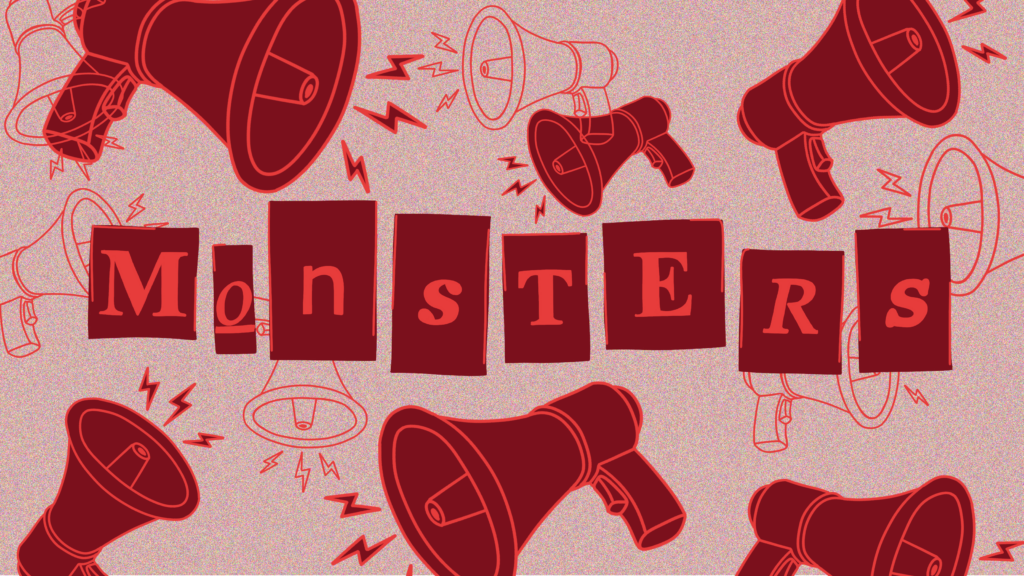Featured image: Natasha Langman
The new Netflix series Monsters delivers an entertaining presentation of the Menendez brother’s trial case and has captivated many people with its story and character development. Yet, a great portion of discussion online doesn’t simply follow the show itself. Instead, the morally grey area of the story’s sensitive reality is at the heart of conversation. Do the population of the 90s, who watched the media coverage of the case in real time, have a contrasting opinion to the generation seeing the Menendez’s story now for the first time? If so, why?
The show follows Erik and Lyle Menendez, who at the ages of 18 and 21 decide to murder their parents, Jose and Kitty Menendez. The trial at court was a complex unravelling of why they did so, in which it was revealed that the brother’s were sexually molested and abused throughout their childhoods and, terrified of their parents, resulted in them acting out the killings in self-defence. The verdict was murder, not manslaughter, with the brothers receiving a sentence of life in prison without parole.
Ryan Murphy’s Netflix series is a re-enactment of the Menendez brothers’ story, as well as depictions of others’ theories of events. Murphy wanted to show the voice of everyone involved in the trial – from family members, to the opposition’s view point, to the jury’s final moments in the trial. Many involved with the show’s creation have said that the whole series of events was researched extensively. Murphy has received backlash, including a statement released on X by Erik Menendez’s wife, exclaiming that her husband feels the show is “disheartening slander”. Murphy, meanwhile, thinks the show has helped start conversations about abuse, and is proud of that.
The tone of the public’s opinion at the time of the case can be inferred from Saturday Night Live, who created a sketch in 1993 mocking the brother’s testimonies in court which arguably undermined their story of the abuse. The sketch shows the brother’s claiming that they had two secret brothers who were their parents’ killers. In 1996, an interview with broadcaster and journalist, Barbara Walters, sees her questioning the brothers on their decision to kill, harnessing the idea that other options (such as running away) could have been an option. Both Erik and Lyle express that the fear their father inflicted was too great for either of them to escape, believing they would have been found and killed by him. “But you still bought the guns”, Walters exclaims.
Some viewers of the Netflix show have said this is an unfair depiction that projects false accusations. Videos and comments on TikTok following the series’ release shows a majority of empathetic young people who stand by the brother’s claim of self-defence. TikTok users have said that the way Lyle is portrayed in the series is unrealistic and vile, painted as a monster in it for the money. Some have mentioned an argument that the brothers’ lawyer, Leslie Abramson, herself made, that if the brothers were women then their case would be viewed empathetically.
Discourse from the younger generation surrounding this case seems to be as follows; as a society, we are now more educated and aware of the effects and realities of abuse, compared to the general attitude in the 90s. Abuse was rarely discussed and, although present in many people’s lives, was not advocated for. The concept of prejudice towards the idea of males being victims of abuse is a leading aspect of Gen Z’s view on the disdain for the brothers at the time.
Media coverage of the Menendez brothers in the 90s can be deemed harsher than the wider, more nuanced conversation the public gets to be involved with now. In this day and age, this takes place on social media with access to a plethora of public opinion in real time. Murphy’s direction led the show to be a capsule of what the story was, without the progression today’s society has around abuse, its isolation and one’s shame.






Leave a reply